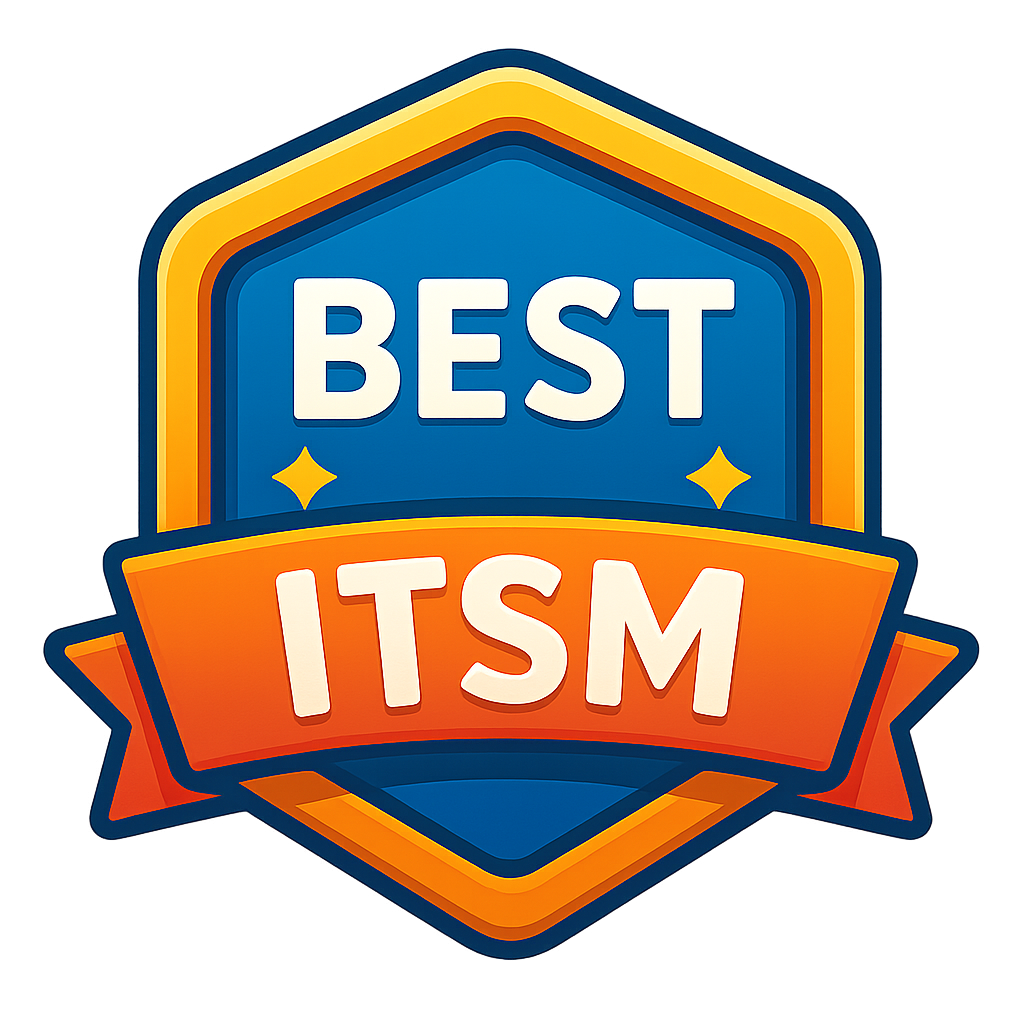Release Management
What is Release Management? Release Management is an ITSM process that oversees the planning, scheduling, and control of software and hardware releases into production environments. It aims to ensure that the integrity of the live environment is protected and that the correct components are released.
This process involves coordinating various activities, including technical and non-technical tasks, to ensure smooth deployment of releases. It covers the entire release lifecycle, from planning and design to testing and deployment.
Key components of Release Management include:
- Release planning and scheduling
- Release design and build
- Release testing and validation
- Release deployment and rollout
- Post-implementation review
Release Management ensures that all aspects of a release, both technical and non-technical, are considered together. It helps in maintaining the integrity of the live environment while introducing changes, minimizes disruption to services, and improves the quality of new deployments.
Effective Release Management contributes to improved predictability in implementing new functionality, better coordination between development and operations teams, reduced risk of release-related incidents, and increased customer and user satisfaction. It also supports the organization's ability to deliver changes faster and more frequently, aligning with modern development practices like DevOps and Continuous Delivery.
